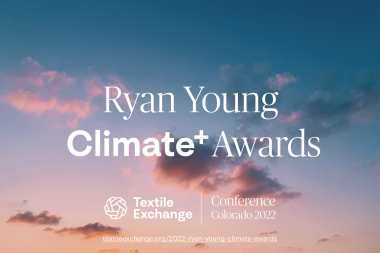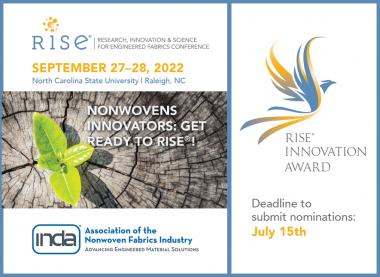CIRCULAR CLOTHING: First Cradle to Cradle Certified® denim collection
The first Cradle to Cradle Certified® clothing collection is on the market one year after the collaboration platform for Swiss textile labels was launched. The Circular Clothing cooperative has succeeded, in close cooperation with European suppliers, in gaining access to circular materials and equipment and using this for the Black Denim Collection by the ethical fashion label “the Blue suit”. An important step for the cooperative, which receives funding from the Migros Pioneer Fund, is the development of an online assessment tool which can be used to help check the readiness of textile labels to operate in a circular manner.
The black denim was developed by a renowned manufacturer in Italy. Since no toxic chemicals are used in the production process, this denim is safe for biological cycles and Cradle to Cradle Certified® Gold. Cradle to Cradle Certified® Gold certified material by the Swiss company OceanSafe was used for the lining of the jacket. Special innovative design elements and production processes, such as the printed lining, also meet the stringent Cradle to Cradle Certified® Gold requirements. Currently, 1% of the material of the Black Denim Collection is Cradle to Cradle Certified® Bronze. In the next few months, this percent and thus also the whole garments should reach the gold level.
The Cradle to Cradle® certification is based on the following five principles: Material Health, Product Circularity, Clean Air & Climate Protection, Water & Soil Stewardship, and Social Fairness. Depending on the extent to which all of these criteria are met by the manufacturing process, there are various levels of certification from bronze to silver, gold and platinum.
CIRCULAR CLOTHING































